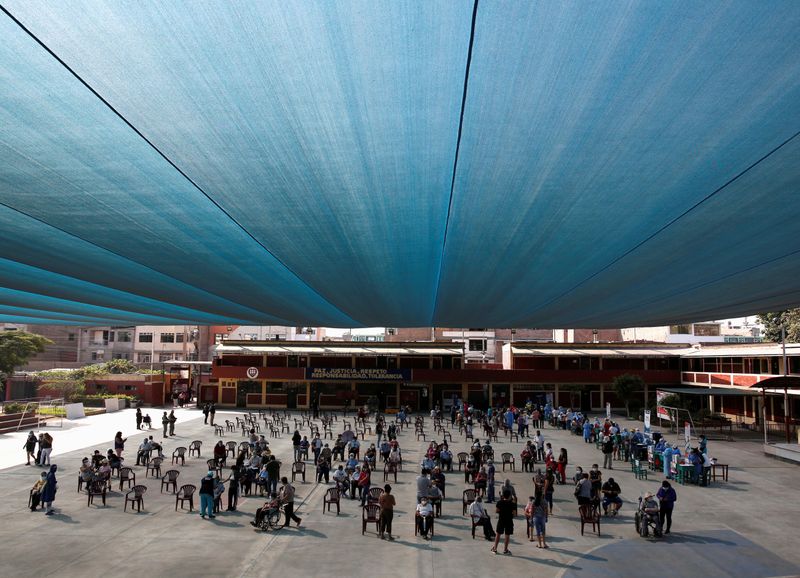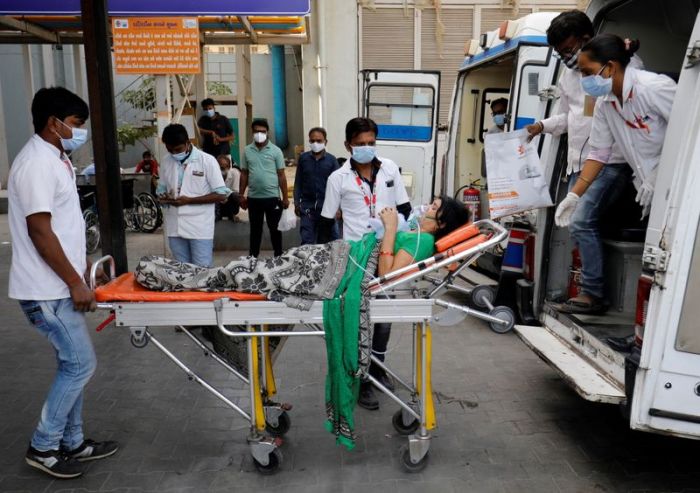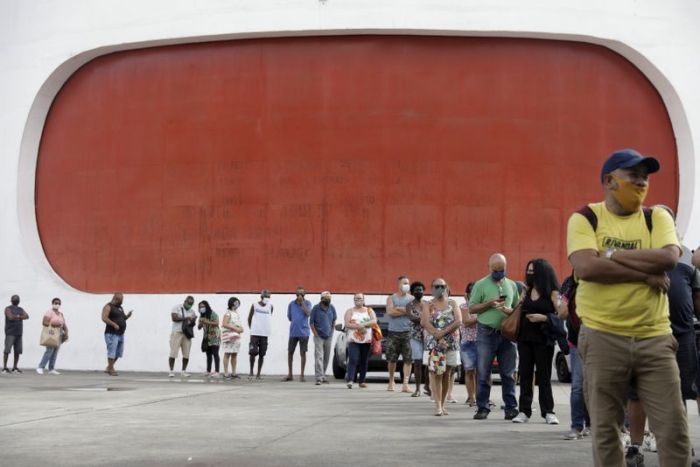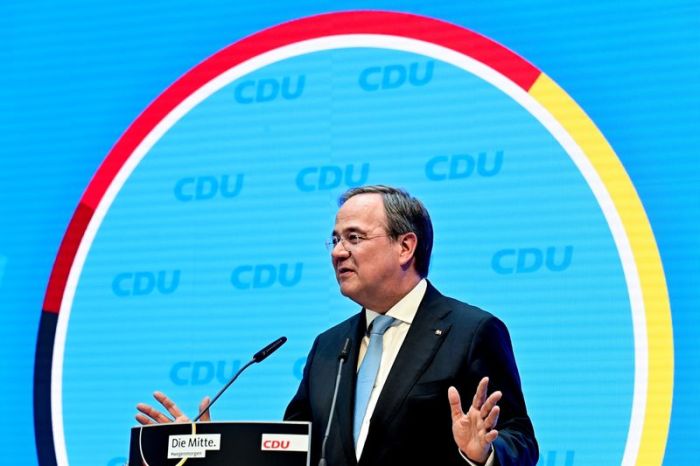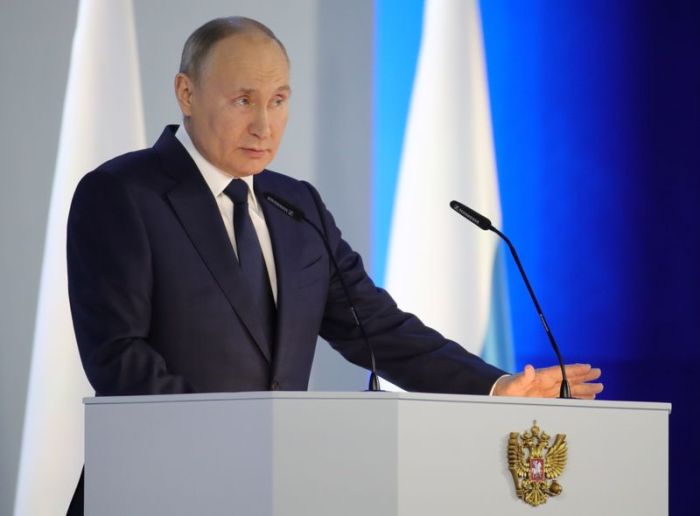BOGOTA (Reuters) – South America is now the most worrying region for COVID-19 infections, as cases mount in nearly every country, the director of the Pan American Health Organization (PAHO) said on Wednesday.
“Nowhere are infections as worrisome as in South America,” Director Carissa Etienne said during a weekly news conference.
Brazil has seen the most merciless surge. Scientists forecast it will soon surpass the worst of a record January wave in the United States, with daily fatalities climbing above 4,000 on Tuesday.
“The situation in Brazil is concerning countrywide,” said COVID-19 incident director Sylvain Aldighieri. “Our concern at the moment is also for the Brazilian citizens themselves in this context of health services that are overwhelmed.”
Brazil needs access to more COVID-19 vaccines now and should be able to receive them through global partnerships, Aldighieri said.
PAHO can expand its help to Brazilian states if requested, he said, adding it is already aiding with virus genetic sequencing, procuring oxygen and coronavirus testing.
Intensive care units are nearing capacity in Peru and Ecuador, and in parts of Bolivia and Colombia cases have doubled in the last week, Etienne said, adding that the southern cone is also experiencing an acceleration in cases.
The United States, Brazil and Argentina are among the 10 countries seeing the highest number of new infections globally, she added.
The Americas recorded more than 1.3 million new coronavirus cases and over 37,000 deaths last week, Etienne said, more than half of all deaths reported globally.
“We cannot ease public health and social interventions without good data and justification,” Etienne said, adding slowing and stopping transmission “requires decisive action by local and national governments.”
More than 210 million vaccine doses have been administered across the Americas, Etienne said.
Bolivia, Nicaragua and Haiti may be affected by Serum Institute of India vaccine shipment delays, said sub-director Jarbas Barbosa, but the World Health Organization is appealing to the Indian government to ensure shipment agreements.
(Reporting by Julia Symmes Cobb; Editing by Bill Berkro)

